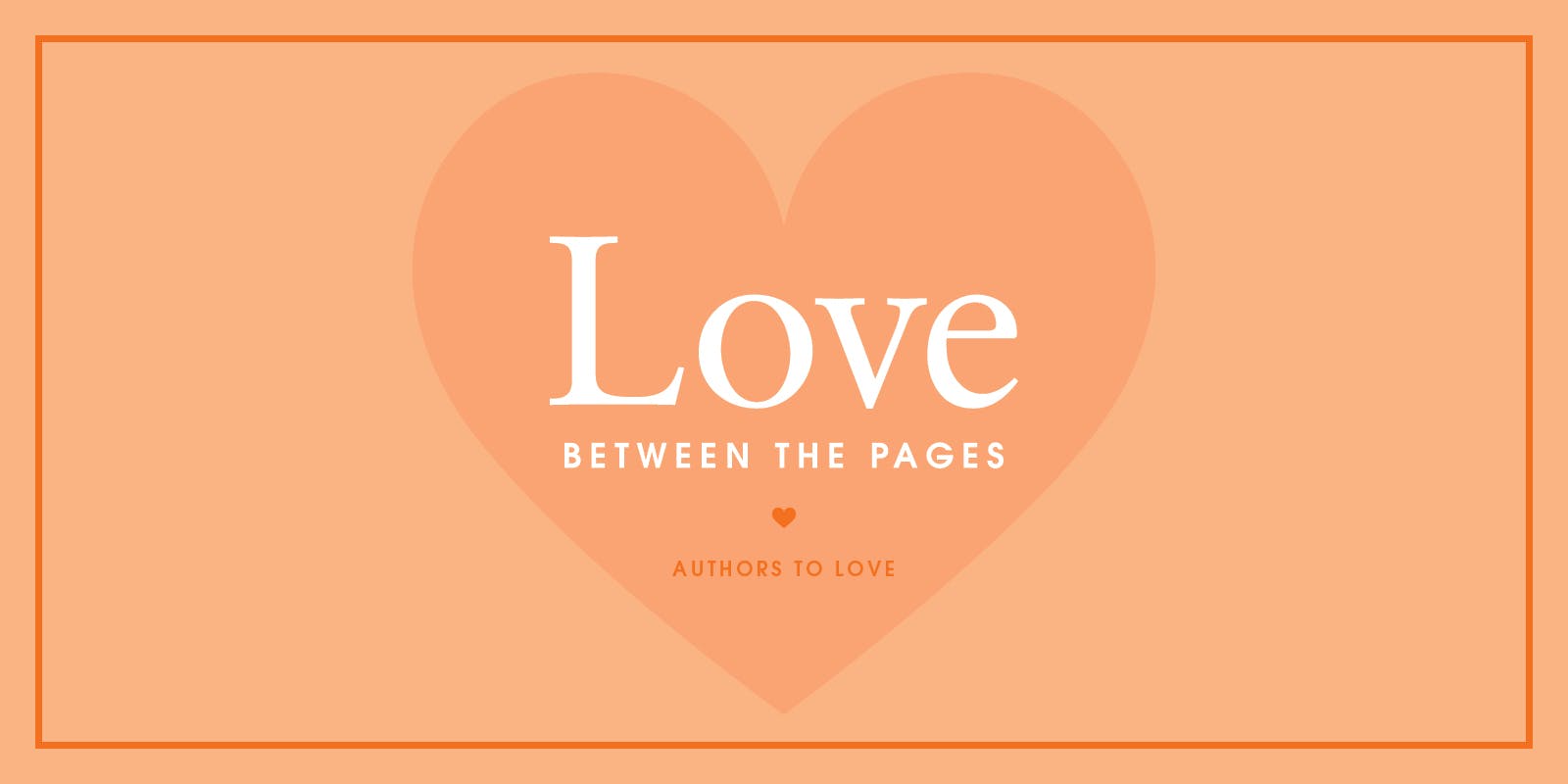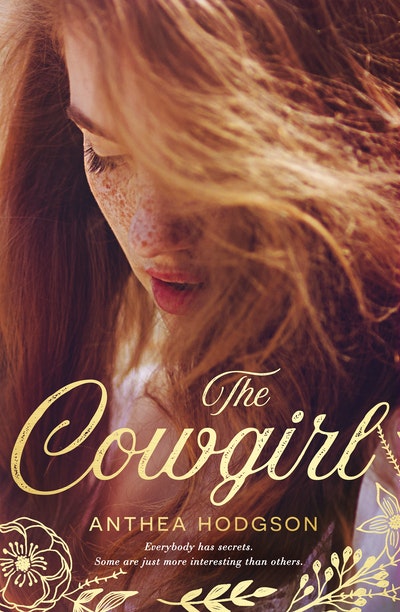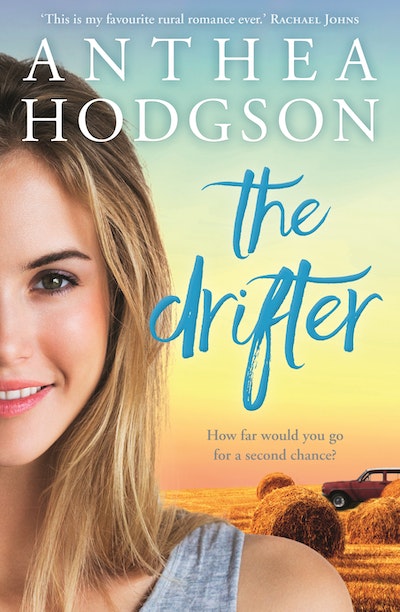Anthea Hodgson on how romance writing shines a light on social issues.
I love romance and fiction that champions strong female characters. I think I have always loved it, but the experience of growing older has made me appreciate this genre even more, where women’s lives are honoured and celebrated. I was super young once, talking to boys, working in radio and falling in and out of love. Eventually I married a wonderful man, I had kids, I grew older. And then I sort of disappeared under a pile of washing and half-drunk cups of tea.
Writing romance and writing about women brought back to me the fun and excitement of new love, along with the thrill of creating something for myself and for all the other girls like me, who love to read, learn and dream. Writing helped me find the parts of me I had forgotten, and reminded me that I’m not gone yet – I’m still here, the same girl I was the first day I kissed a boy.
Like so many women, I love to read romance because it provides an escape from everyday life. I sort a lot of underwear every day. I also vacuum up a lot of dog hair, cook a lot of food and monitor the well-being of many molars, incisors – I’m in charge of them all. I oversee many square metres of sunscreened skin, shod feet, made beds, completed homework – and I can nag in my sleep.
Romantic fiction focuses on women’s love lives, but it comes from the real world, too. It’s not unusual for contemporary romance to feature storylines dealing with family breakdown, divorce, domestic violence, mental health, adoption and postnatal depression. Readers of this genre can always find a home in the company of characters dealing with the same issues they have faced in their own lives. It doesn’t matter that the characters are fictional, their stories are based so deeply in the shared experiences of women that readers can recognise themselves and their friends.
Romance is a well-deserved break from school lunches, a household budget that’s starting to bite, a marriage under pressure, an ailing parent, an anxious child. There is an important role for fiction to play, as respite from the ongoing mental load that women carry. Romance novels do that – but they also do something better. When we read about a single mother dealing with a growing pile of domestic bills and a special needs child, we exercise our empathy: she becomes like a friend, part of our community. This empathy, which is so important to us as women – and as humans – is one of the strongest drivers in reading modern romance.
When I wrote my debut novel, The Drifter, I thought I was writing a simple tale about a drifter who comes to town. By the time I was finished I found I’d written a rural romance about death and grief. I also wanted to write about older women and their relationships, because I grew up in a community of strong women and I wanted to celebrate them in all their glory. The girls from my hometown taught me so much about friendship and community, and although I think that women slowly become invisible to society as they age, I wanted to make them the stars in my novels, to share their laughter, kindness, hard work and loyalty.
I hope that my readers connect with my heroine Cate, who suffers from survivor guilt and who doesn’t know where her life is going; with Henry, trying to cope with post-traumatic stress disorder and with Ida, who wants the right to die as she chooses.
When I came to write The Cowgirl, I wanted to write a bookend to The Drifter. Just as I brought the drifter home, I wanted to set the cowgirl free. Ida’s old friend from The Drifter, Deirdre, was so fabulously grumpy, I had to visit her as a young woman to find out why I hope the reader will enjoy the romance, but there is so much more too. I want the reader to be with Deirdre as she deals with domestic violence, alcoholism and abandonment, with Teddy as she comes to terms with a sexual assault and the resulting anxiety, and both women as they evaluate the high cost of a life lived for duty alone.
Romance provides us relief from the daily grind, but the genre has a capacity to explore social issues, engaging both our minds and our hearts. Readers are taken to a world where they witness not just the soft fluttering of new love, but also the huge deep wells of fear, yearning, fury and passion that dwell within us all, however middle-aged, however old, however forgotten.














